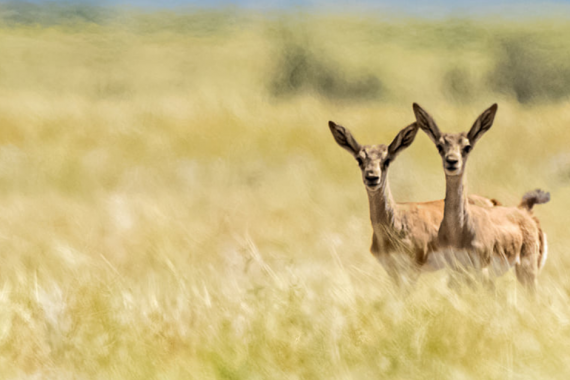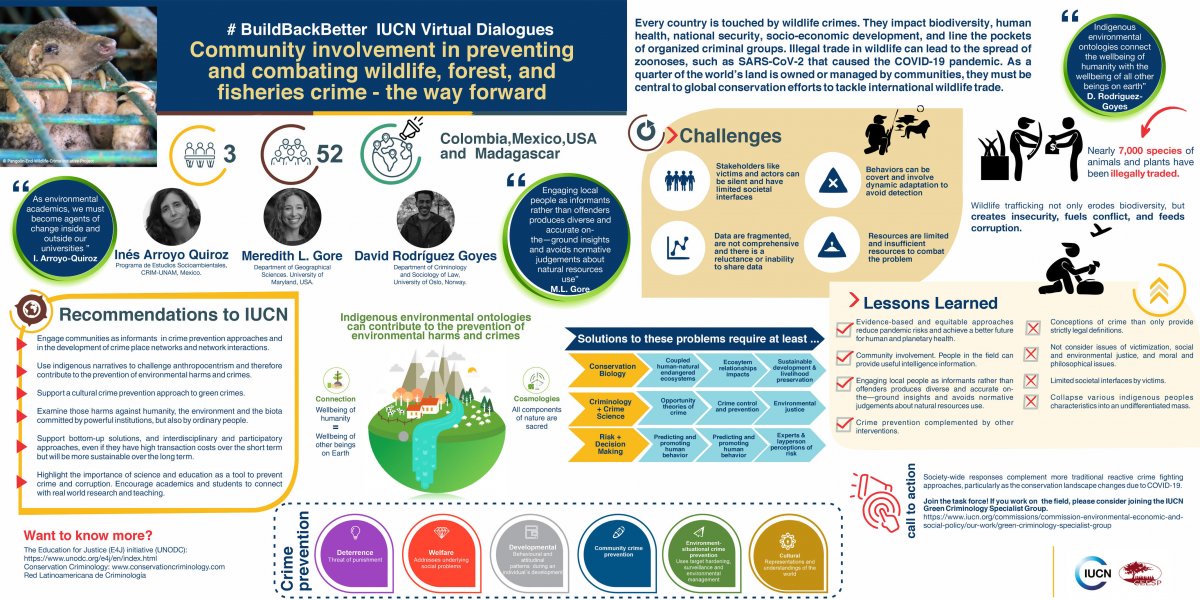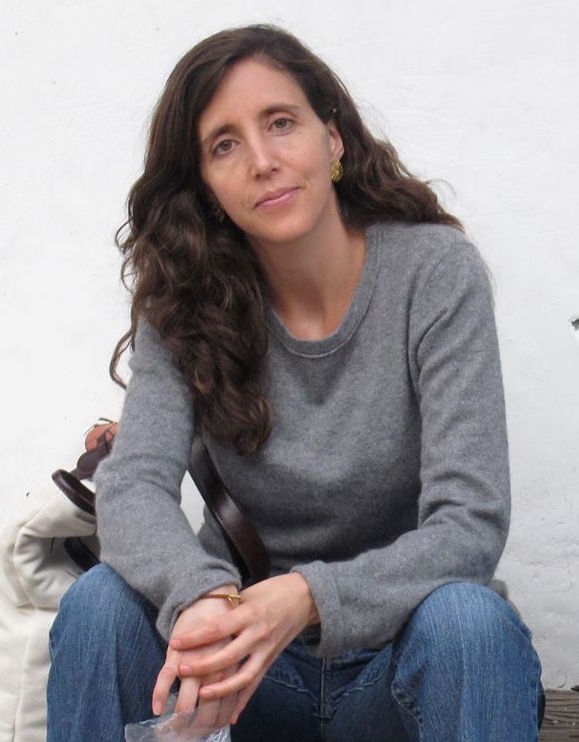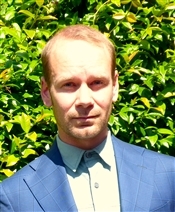IUCN CEESP Green Criminology Specialist Group

Vue d'ensemble et description
- Description:
-
IUCN CEESP Green Criminology Specialist Group (GCSG) is a global expert network placed to provide guidance on identifying transgressions that are harmful to humans, environments, and wildlife ...
Leadership de groupe
Dr Ines ARROYO - QUIROZ
Dr Daan VAN UHM
IUCN CEESP Green Criminology Specialist Group (GCSG) is a global expert network formed by IUCN Commission on Environmental, Economic and Social Policy (CEESP).
Green Criminology, an analytical and interdisciplinary framework from across the social and natural sciences concerned with environmental crimes and harms, including risks and transgressions that are harmful to humans, ecosystems, and non-human animals, regardless of legality.
Green criminologists extend the definition of green crime beyond conventional understandings of crime. Due to the social construction of crime, influenced by power dynamics and social inequalities, green criminology goes beyond existing legal definitions and criteria. Doing green criminology requires a sense of scale and interconnectedness of issues, events, places, and earth inhabitants from a non-anthropocentric perspective.
The mission of the IUCN CEESP Green Criminology Specialist Group (GCSG) is to assemble an international network of researchers, scholars and activists concerned with the political, social, cultural and economic relationships in society that breed ecological damage. The Green Criminology Specialist Group includes different thematic groupings across geographic contexts, to identify impacts of environmental degradation because of human activity and to provide insightful analysis to these challenges.
The Green Criminology (GC) Specialist Group's mandate is framed within the mission and its programme priorities and has the ultimate aim of influencing policy and practice.



